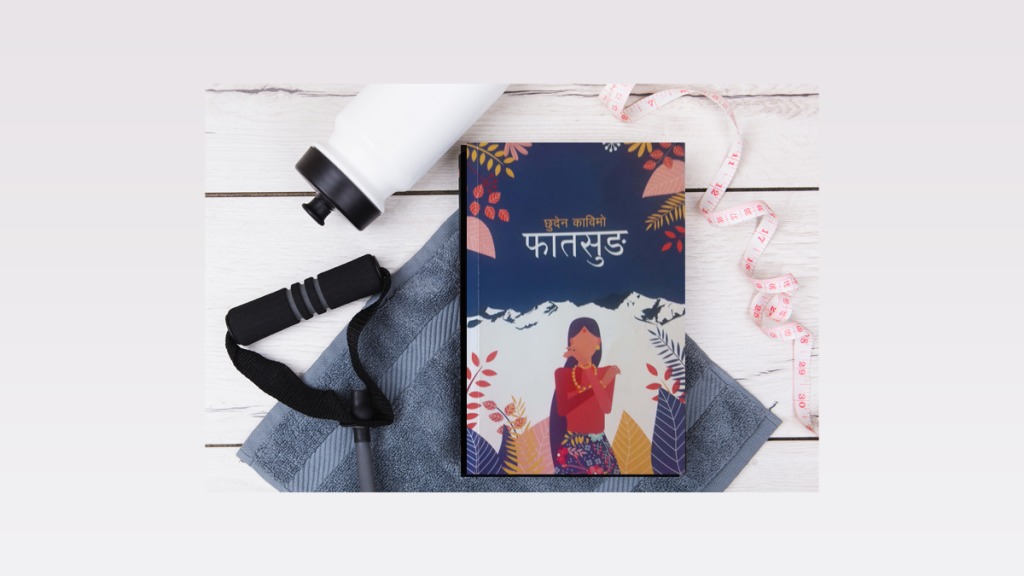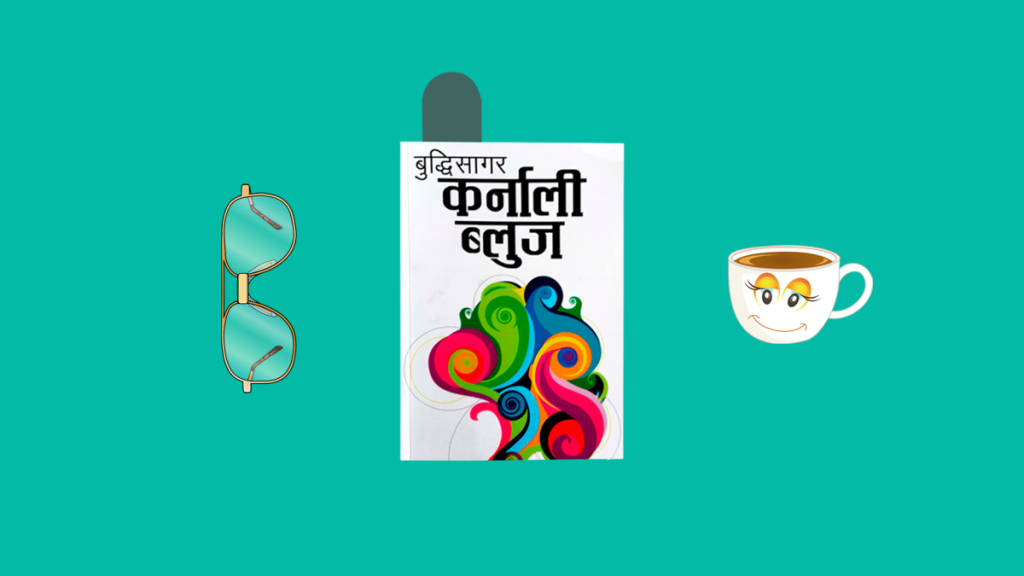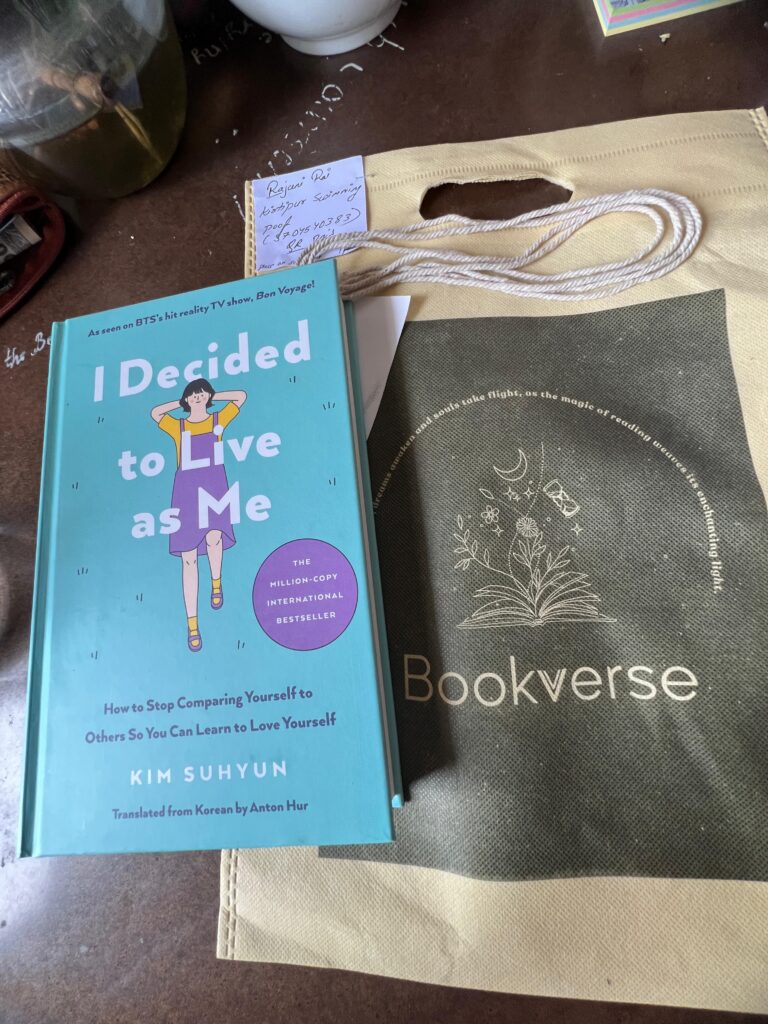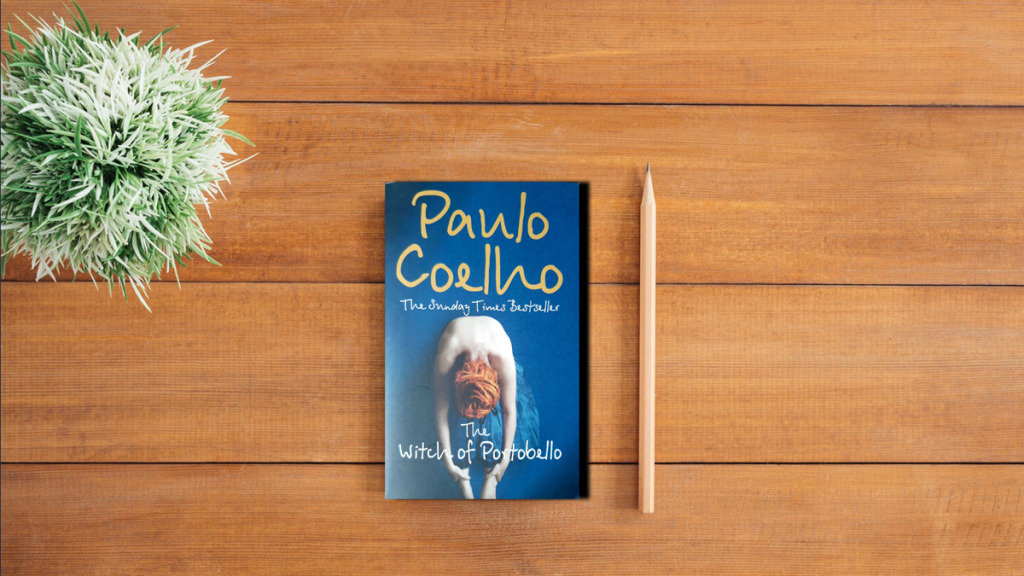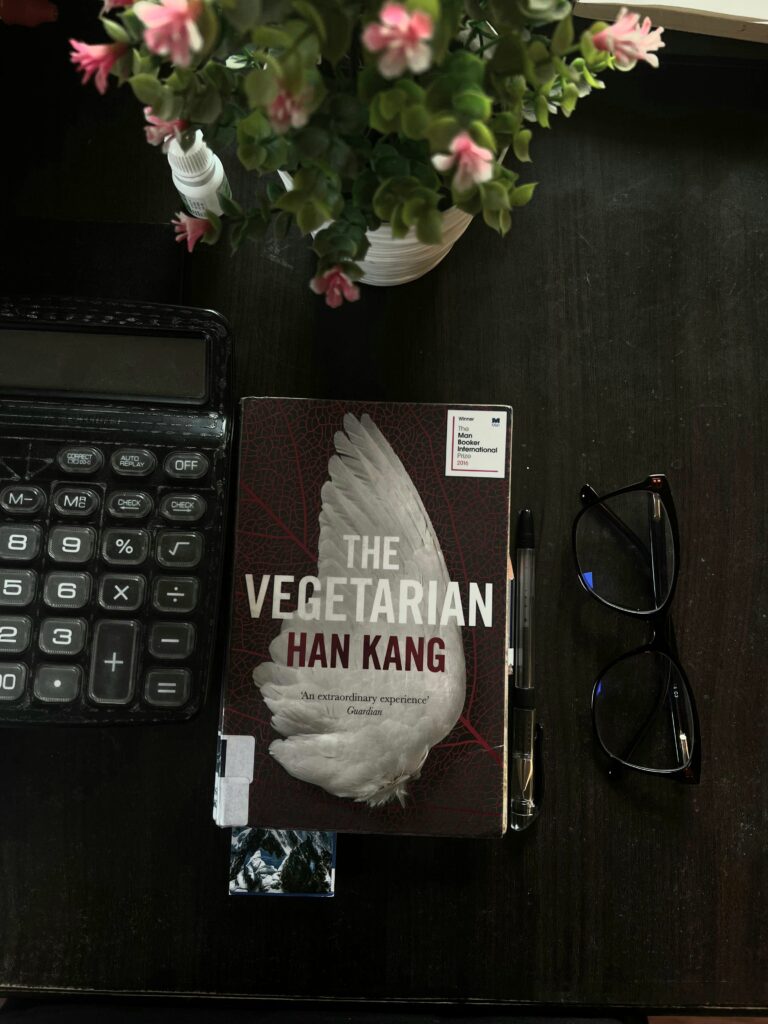“Gorkhaland bhayo bhane sungur le pani nuniya chamal khanchha ra sabko gharma swimming pool hunchha”
Fatsung is a Lepcha word, one of the languages of Nepal, which means “the story of the land.” It is written by the popular Nepali writer Chuden Kabimo. He has written about the struggle of Nepali youngsters who are living in Darjeeling, India. Since Darjeeling was Nepali land in ancient times, there are still many Nepali inhabitants. This novel is a collection of stories about those youngsters who lost their lives for the sake of their caste, land, and identity.
As I already mentioned, it is a collection of stories of struggle. I think you may be expecting to read all the stories of the characters in this novel. However, I believe it would be unfair to summarize them all on one or two pages because each story is powerful and meaningful. So, I am going to summarize the story of the main character, Norden.
Norden was born in Darjeeling. When he was very young, his father left home and never returned, so he cannot even remember his father’s face. He always tries to find his father in his dreams, but he never appears. Norden became involved in the Gorkhaland movement at an early age.
There was a time when the entire Gorkha community was haunted by an identity crisis; at the same time, they suffered from years of discrimination, deprivation, oppression, and exploitation. The region lacked roads, electricity, schools, and hospitals, and people experienced hunger and starvation for half the year. During that difficult period, people used to say, “Gorkhaland bhayo bhane sungur le pani nuniya chamal khanchha ra sabko gharma swimming pool hunchha,” which means “If we have Gorkhaland, even pigs will eat fine rice and there will be a swimming pool in every house.” This shows the big dream Gorkhaland represented for the villagers. Since most of them were uneducated, they believed Gorkhaland was the only solution to poverty and the loss of their identity.
There were many groups involved in the Gorkhaland movement. As we know, everything has both a dark side and a light side. Norden’s group represented the light side; they worked hard and did not harm innocent people or destroy national property. On the other hand, there was a group called NB, which represented the dark side. They destroyed forests and villages, killed innocent people, and misused the name of Gorkhaland to drink, enjoy, and exploit others. Some people took Gorkhaland as an opportunity to become powerful and feared. However, Norden was a true and committed fighter who dreamed sincerely of Gorkhaland.
While working for the cause, Norden fell in love with a beautiful woman named Rippandi. She became pregnant unexpectedly, without marriage. In Nepali society, this is seen as shameful, and someone must take responsibility. So, Norden married her and sent her home.
Since Norden was a protester, he had many enemies. The police saw the Gorkhaland movement as terrorism, so they were hunting them. At the same time, they had to face their rival group, NB. There were frequent clashes between them, and many lives were lost. However, Norden and his group remained determined, even willing to sacrifice their lives for Gorkhaland.
Many villagers had already become martyrs for the cause. The NB group was becoming more dangerous, and the police were closing in. One day, Norden’s team fell into danger. They ran as fast as they could, but Norden fractured his leg while escaping. Still, he kept running and, like his father, never returned.

